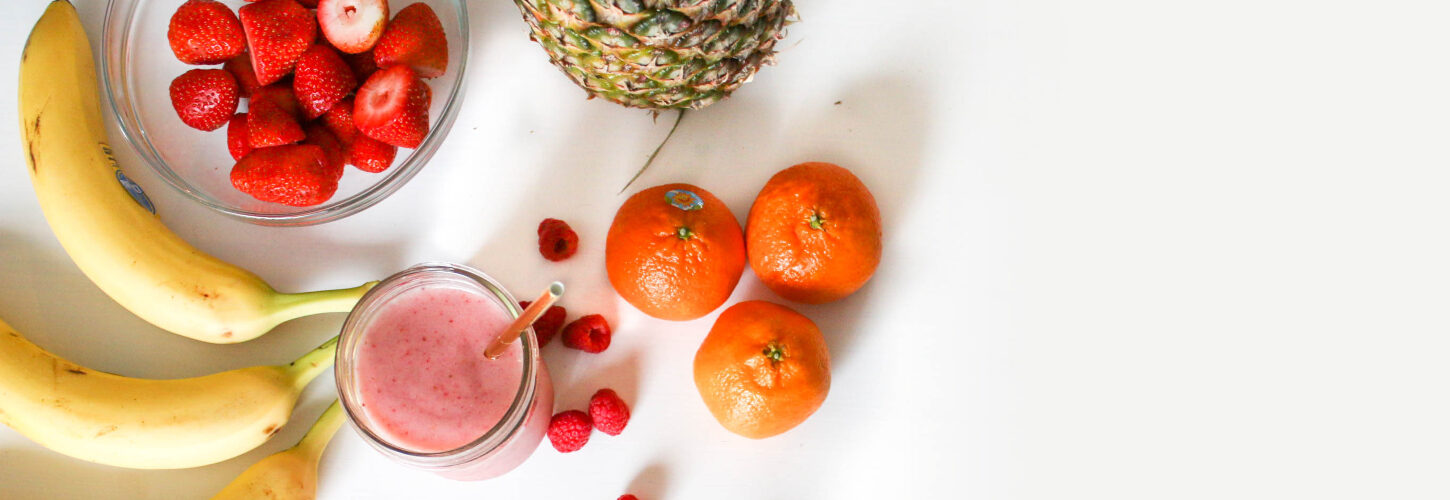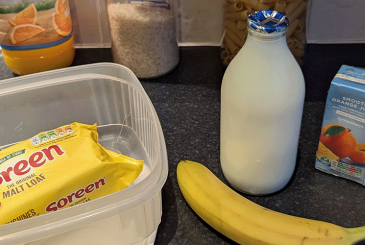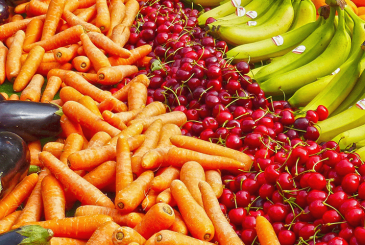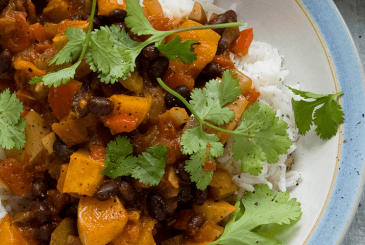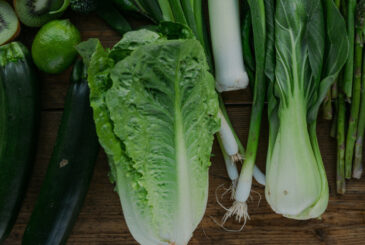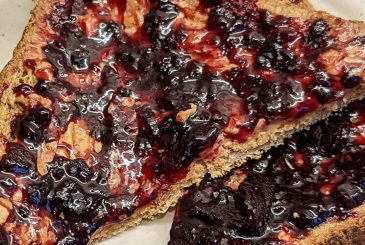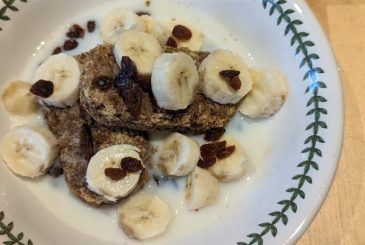Jacqueline Birtwisle suggests simple nutrition solutions to maximise your recovery after training and racing
As we all know, recovery starts immediately after exercise. The term recovery refers to how the body and mind are physically and mentally restored back to achieve normal, or even improved, performance capacity.
Nutrition and sleep are critical in recovering from exercise, but of course it depends on how much time you have to recover. It could be 12 hours or more if training once a day, or it could be only a few hours, if training twice daily or racing in heats and finals.
It’s also important to be mindful about your goals – what are you recovering from, and what are you hoping to achieve?
You may need to concentrate on specific nutrients such as carbohydrates, and the timing of meals around your training, or perhaps you need to focus on your nutritional plan for the day and your general nutrient provision. This will help you plan your nutritional strategies for a more successful training or performance outcome.
Here’s a reminder of the ‘four Rs’ of recovery nutrition and what they do.
- Rehydrate with fluids and electrolytes such as sodium.
- Refuel with carbohydrate-rich foods and drinks for glycogen replenishment.
- Repair and rebuild new muscle with protein-rich foods and drinks, and allow the immune system to repair itself.
- Reduce inflammation and muscle soreness with phytonutrients such as those found in dark-coloured fruits and omega-3 fatty acids from oily fish.
Take a look at these two different scenarios, each with a strategy to help you recover well from training and racing.
Scenario 1
You have just finished an early Friday evening session of weight training.
Your rowing all-in-one shows that you’ve lost a lot of sweat and you’re thirsty, but not yet hungry. It will take you about 30 minutes to get home and then another 30 minutes before you’ll be eating your dinner. Your next training session will be on the water on Saturday morning, so in about 12 hours’ time. You are really trying to build strength and want to maintain – or even build – some muscle mass.
Which of the four Rs are most important and what could your food choices look like?
Answer: 1-4
Suggested recovery plan
Recovery drink
Have a low-fat chocolate milk drink, either cow’s or soya milk (full fat if trying to gain muscle mass) as soon as feasibly possible before setting off home. It should be between 250-500ml, depending on body weight, and depending on how full you feel before dinner.
Why these choices?
You’re thirsty but not hungry yet. Chocolate milk ticks the box for Rs 1-3 and provides electrolytes such as sodium and potassium to help you rehydrate, plus other nutrients such as magnesium and B vitamins.
Dinner
A great recovery meal might be the following:
- A good helping of couscous mixed with peas and sweetcorn (added salt is optional if you’ve sweated a lot) plus broccoli.
- A small to medium chicken or fish fillet, with pesto sauce.
- Followed by one or two meringue nests topped with plain Greek-style yoghurt with a spoon of frozen or fresh berries and a handful of walnuts with a drizzle of honey.
- Don’t forget to drink plenty of water with your meal for rehydration!
Optional bedtime snack
Try eating a casein-rich food, such as cottage cheese or more plain Greek yoghurt, to increase muscle protein synthesis overnight so you can optimise strength gains.
Scenario 2
You have two races in one day, less than four hours apart! Thankfully, you have the next morning off, with only lighter training in the afternoon.
How many Rs do you need?
Answer: 1 and 2 (foods providing 3 and 4 can wait until racing has finished).
Suggested recovery plan
Your goal is to recover and recharge for a second race. Rehydration and refuelling the muscles to restore glycogen is key when time is limited.
Fat will slow the gut from emptying and delay digestion. Lean protein, while providing taste, will be of low priority nutritionally, if sufficient carbs are consumed.
Carbohydrates should be in the region of 1.0-1.2g per kilo of body weight every hour. So, if you weigh 70kg then you would be aiming for 70-84g of carbohydrates each hour after the first race. You should then be able to manage between 200-300g before your second race. See our table below for some options.
After the second race, all four Rs become important as you have plenty of time to recover.
You could look at the meal plan from Scenario 1 – aim to include your vegetables in the main meal, as these will have had lower priority during your refuelling between the two races.
Carbohydrate options
Choose from the options in the table to provide approximately 50g of carbohydrates, with some choices providing other nutrients too.
Food or drink carbohydrate choices
Isotonic sport drink (check that it is approved by Informed Sport)
Amount providing 50g of carbohydrates = 700-800m
Sports gel (Informed Sport approved)
Amount providing 50g = x 2
Banana with a fruit yoghurt
Amount providing 50g = 150g pot
Bagel with honey and low fat cheese spread, thinly spread
Amount providing 50g = 1
Malt loaf
Amount providing 50g = 2 x 35g slices
American-style large muffin
Amount providing 50g = 1
Tea cake or fruit bun, with a scrape of butter and honey or jam
Amount providing 50g = 50g bun
Creamed rice dessert
Amount providing 50g = 300g
A bread roll filled with cottage cheese, ham or chicken, followed by a large banana
Amount providing 50g = one normal-sized roll
Cereal bars with a fruit yoghurt
Amount providing 50g = two bars and a 150g yoghurt
Cereal and skimmed milk
Amount providing 50g = large bowl
Scotch pancakes
Amount providing 50g = four pancakes


